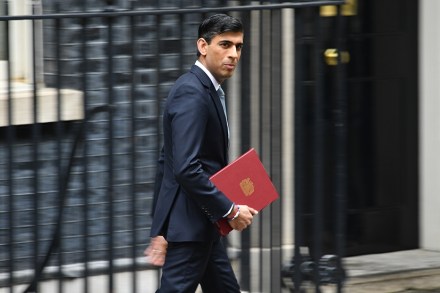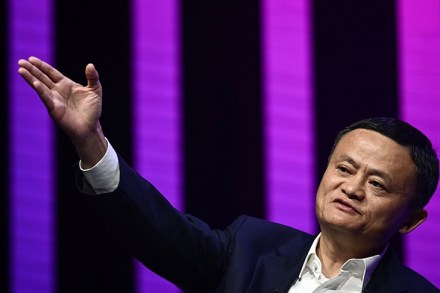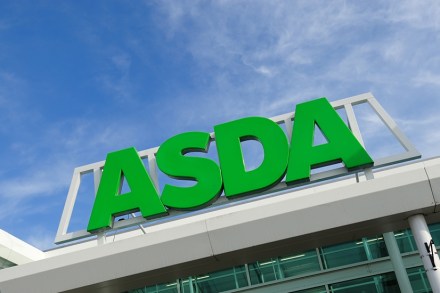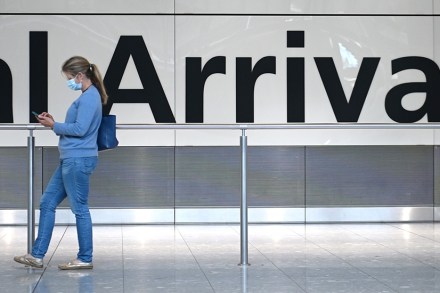The Co-op Bank isn’t worthy of its name
We’ve heard a lot this week about infrastructure spending, and how much more will be needed if the UK is to achieve the ‘Green Industrial Revolution’ that the Prime Minister seems to have sketched on the back of a pizza box. We’ve also heard that the Chancellor is looking at ways to squeeze billions for




















